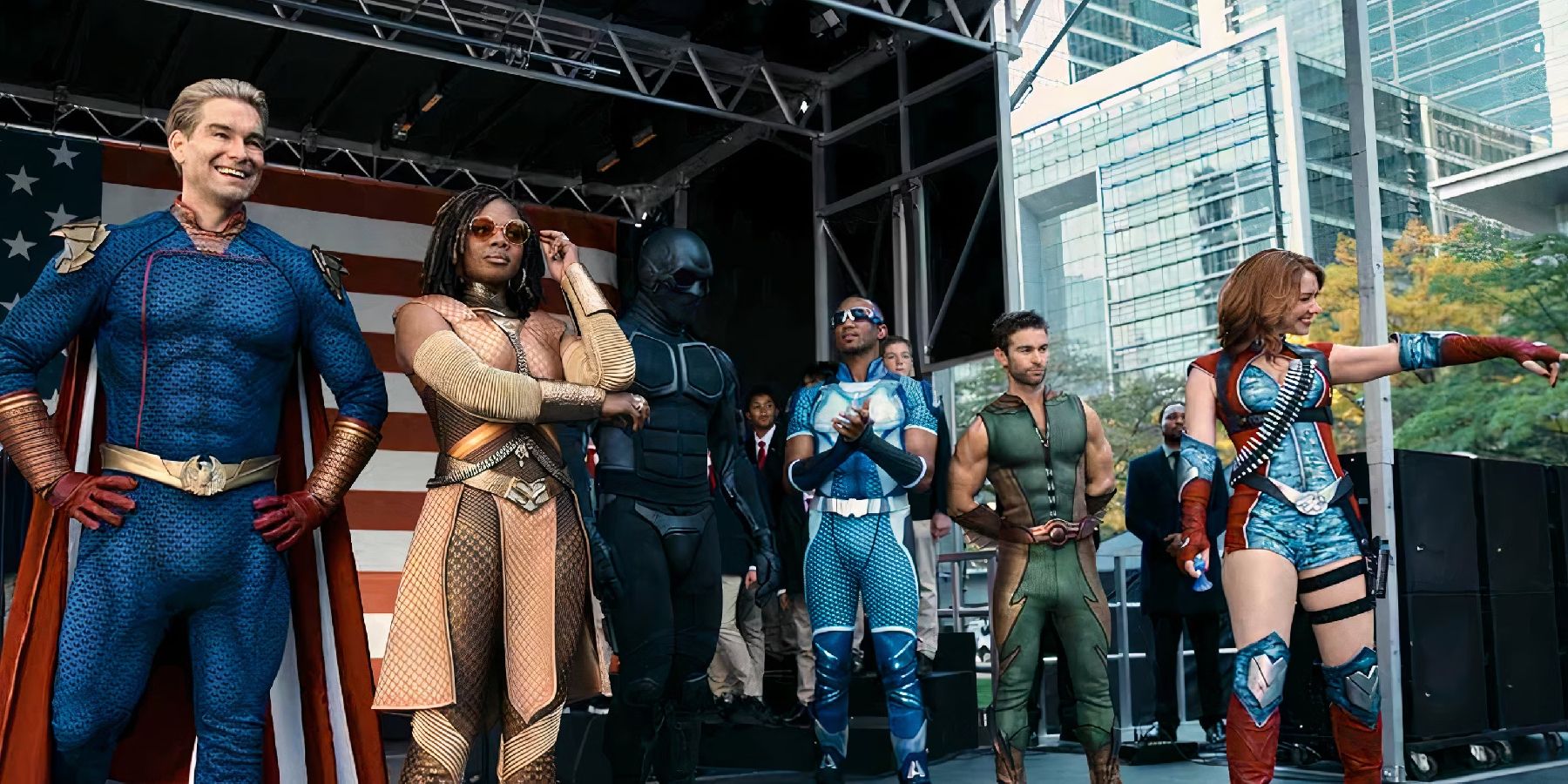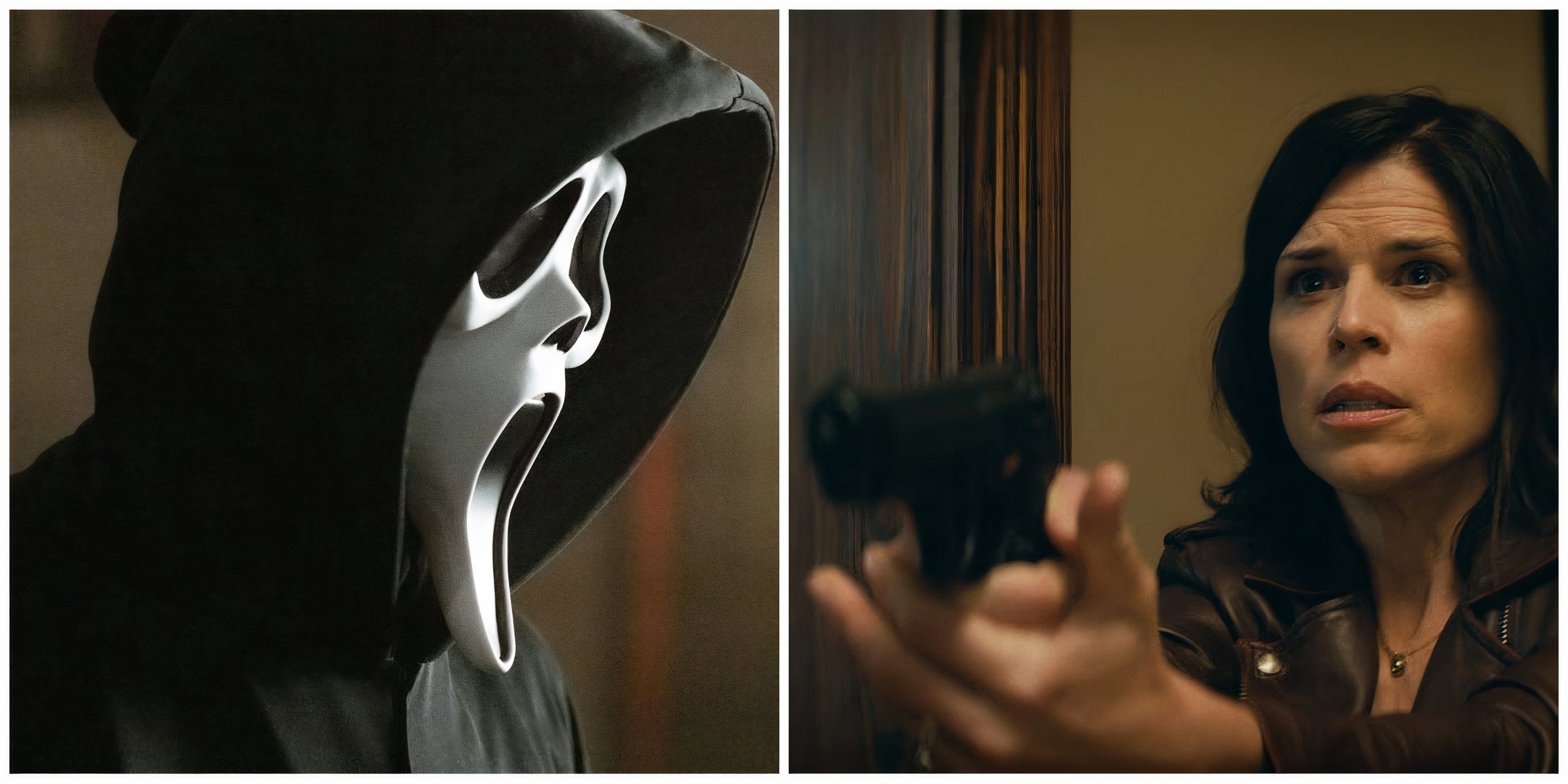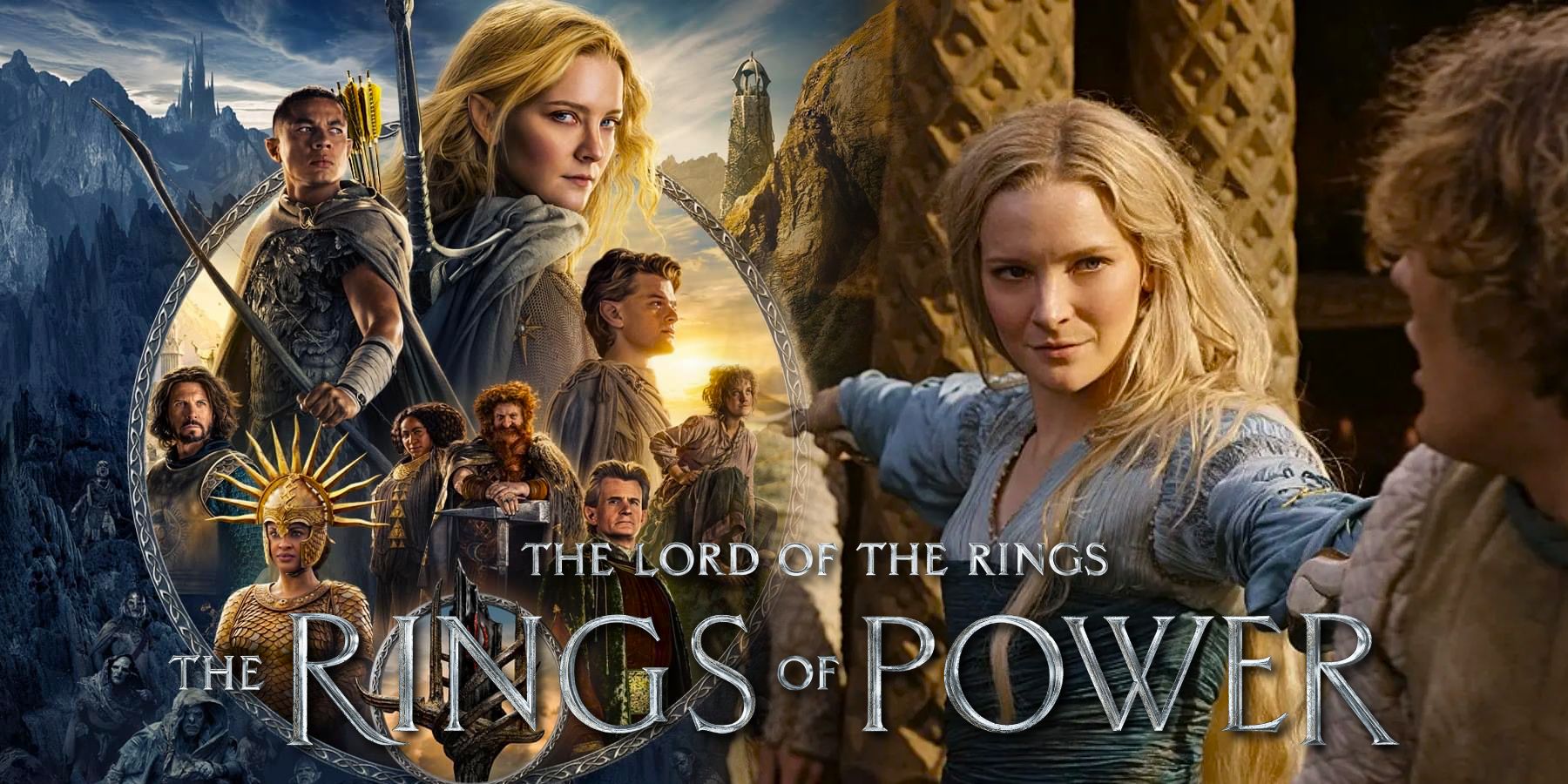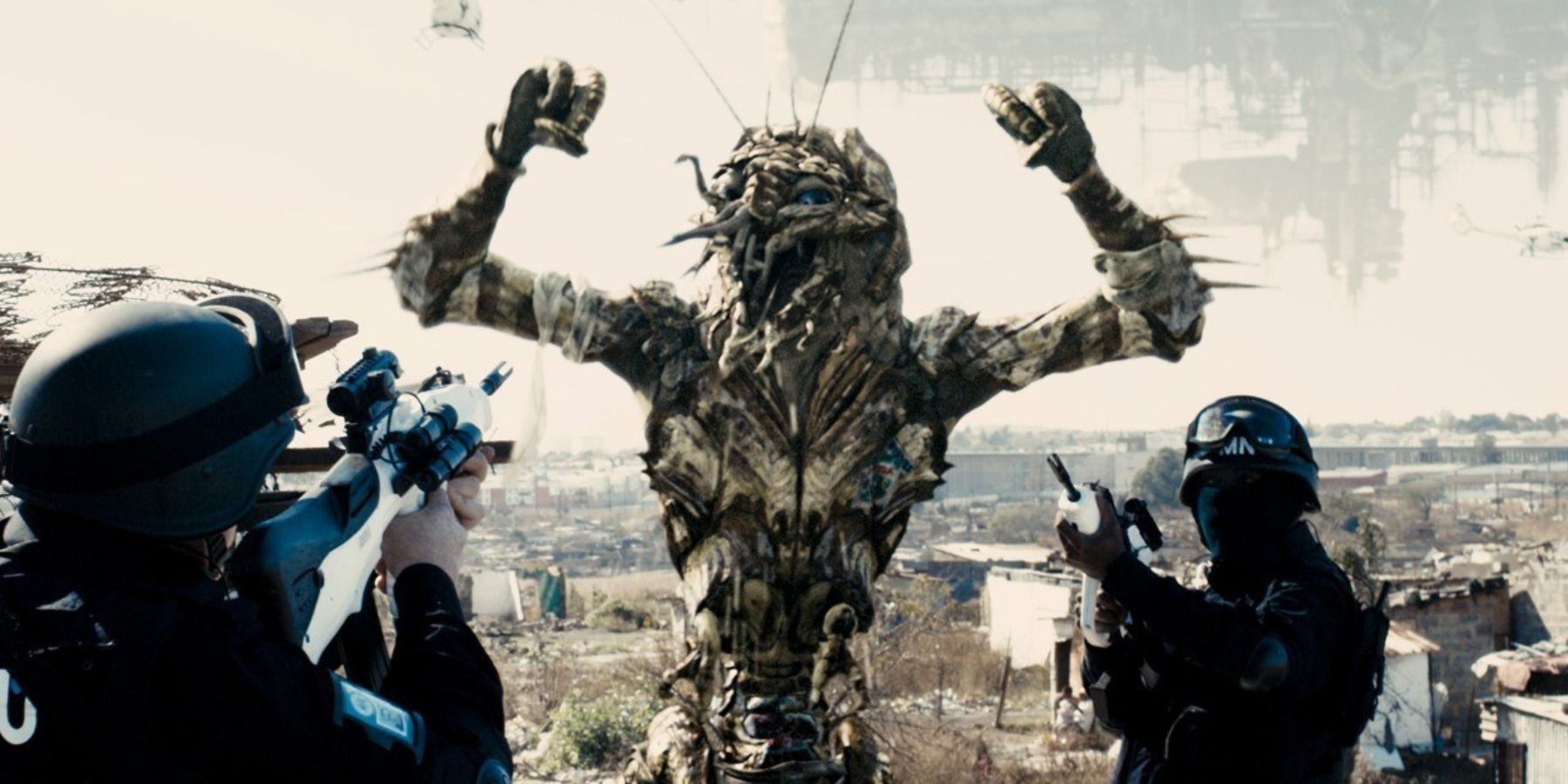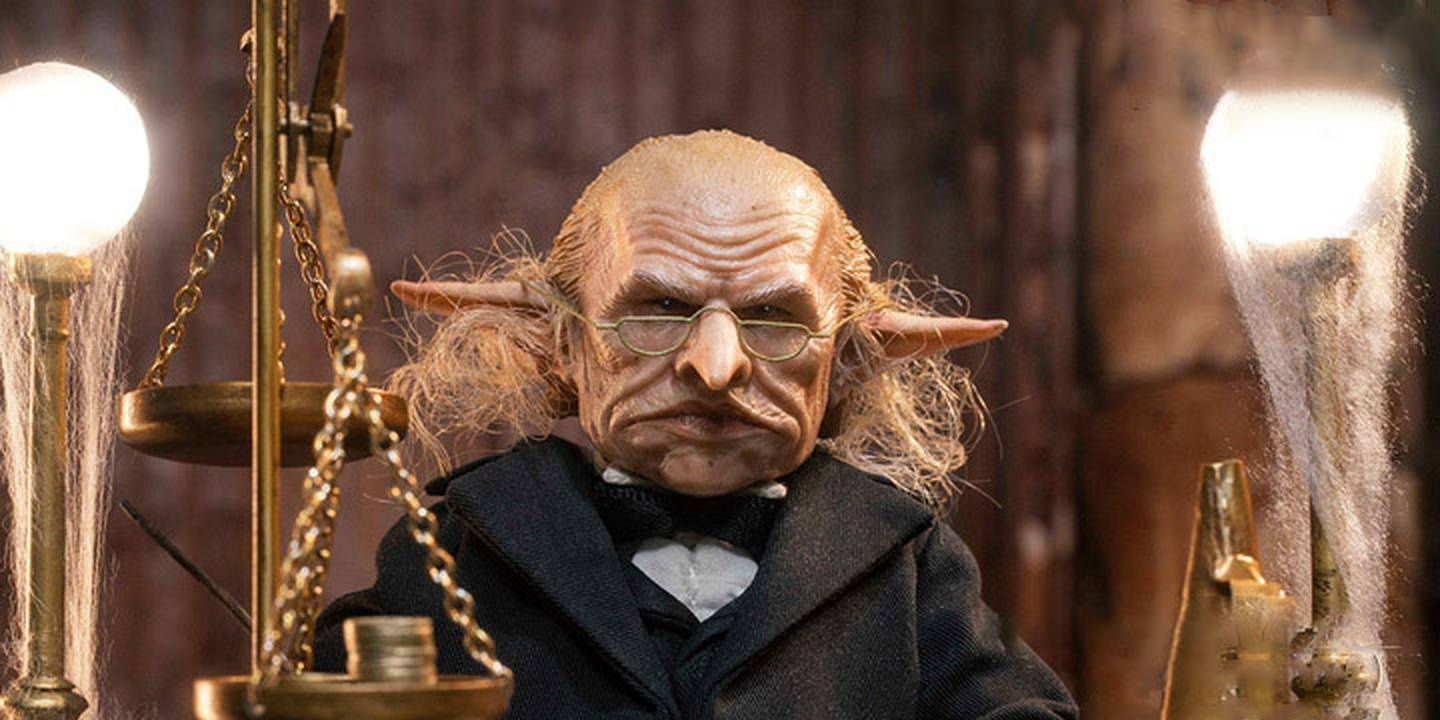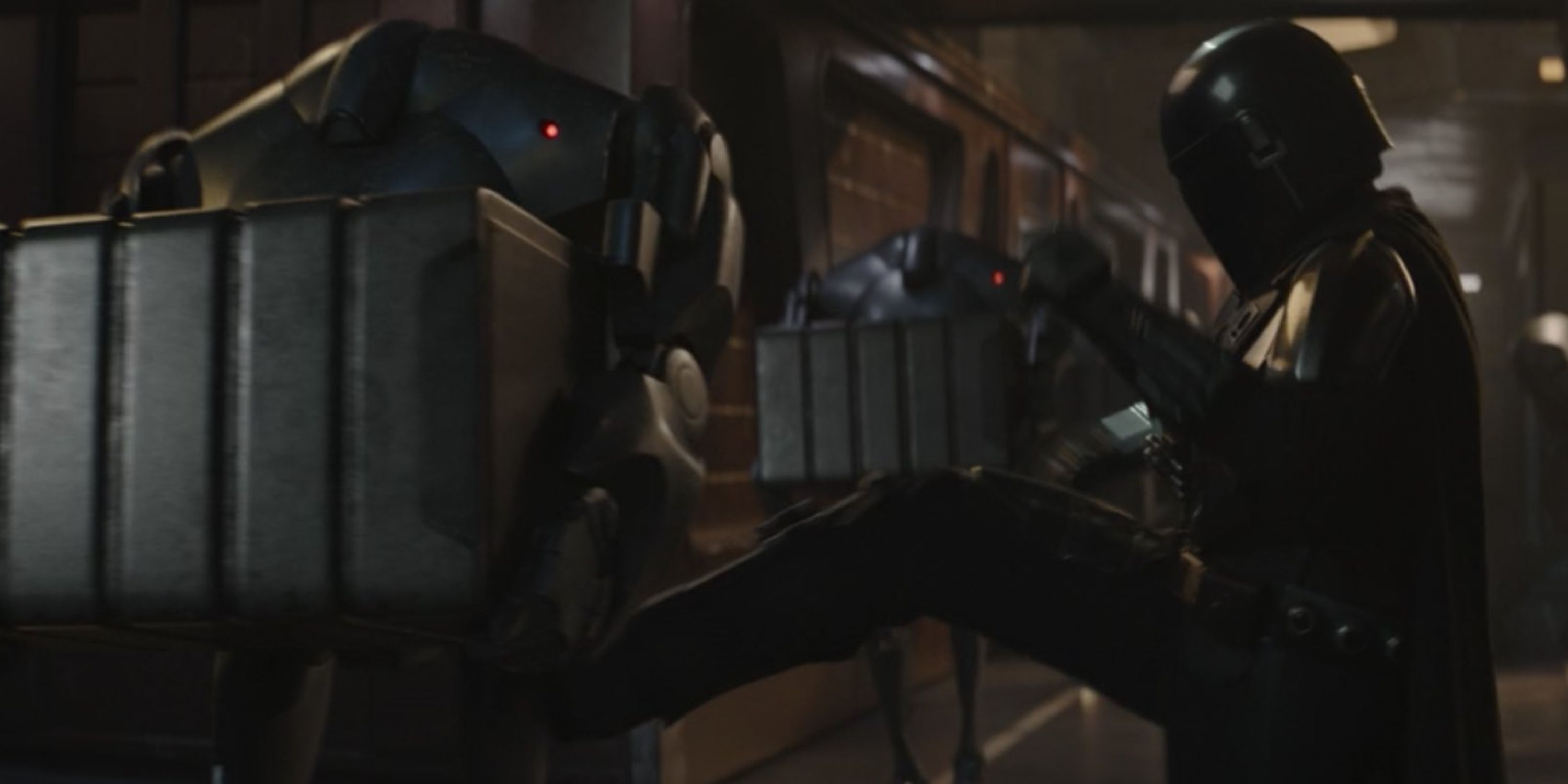In the world of science fiction or fantasy fiction, there's no real limit to what a character can be. With more ways to live and more types of people come more opinions and systems of beliefs. In the real world, the dense and multilayered history of racism affects almost everything. Add in some fantastical elements and the possibilities become endless.
When speculative fiction tries to tackle a real issue, it often has to do some creative heightening to sell the message. A sci-fi story might tackle classism by depicting the poor paying rent on their own organs while the rich ascend into godhood through technology. A fantasy story might deal with imperialism with a never-ending army of monsters. Racism as a concept doesn't need quite as much escalation.
Fantasy racism is exactly what it says on the tin, racial prejudice applied to non-human beings. It can take many forms, but it's almost always a metaphor designed to demonstrate the real horrors of racism. If humans are the default and the story introduces a new type of person, the newcomer is likely to suffer the wrath of the existing dominant species. Robots, aliens, clones, sapient animals, visitors from other dimensions, lizard people, whatever new creature introduces itself to polite society will immediately become the underclass. There are some cases in which humans get the short end of the stick, especially if they're suddenly knocked down the food chain. Humans aren't always monsters, but they do more than their fair share.
Alternatively, this trope also covers the entrenched hatred between multiple fantasy races. Aliens from warring planets or fantasy creatures with a mixed history will almost always have some hard feelings and accompanying slurs. This aspect of the trope is typically best captured in the classic Elves vs. Dwarves debate. Tolkien set his ethereal forest-dwelling archers against his sturdy cave miners and most fantasy writers have followed suit. These examples can be a bit more light-hearted, focusing on comedic aspects of each culture, but they can also be bracing glimpses into the nightmarish consequences of their differences. Either way, the trope often works as a metaphor, but it's very easy to twist in the wrong way. People might not expect every being to get along, but they might not want to see that concept at its worst.
The Harry Potter franchise is an easy face for this concept. There's hardly a character that isn't violently discriminatory against someone else. Muggles like the Dursley family would like to see witches burned at the stake, wizards have racial slurs for those with impure blood, and the wizarding world is largely dominated by approved family lines. The humans may lack respect for each other, but they save their real hate for goblins, house-elves, and other non-human beings. Goblins are treated as an underclass and their repeated attempts to gain freedom are explicitly framed as evil. The narrative bends over backward to ensure that the blatant and unforgivable racism of almost every major figure in the franchise is morally justifiable. The Harry Potter franchise is simultaneously the best and worst example of fantastical racism. On one hand, it's packed with great examples. On the other, it's written by an out-and-proud bigot who is always happy to side with oppression.
Science fiction stories frequently depict the introduction of new technology and the resulting new form of cruelty. Droids in Star Wars, Replicants in Blade Runner, robots in I, Robot, whatever they're called, they're seen by some as monsters. Almost every example of this concept imagines the machines as sentient. Star Wars is particularly unpleasant, demonstrating repeatedly that its droids are slaves capable of being freed. Most characters in Star Wars willingly participate in and benefit from the system of oppression that keeps sentient machines in permanent bondage. The Mandalorian follows Din Djarin, a bounty hunter gradually learning to be a caring father to a small green alien. Djarin has many good traits, but his coldness and lack of concern for others are always framed negatively. His hatred of droids, though understandable, is rarely given the same treatment. An outside observer would see Djarin kicking sentient beings before gunning down the ones that fight back as a bit monstrous.
When written well, fantastical racism can be a stark mirror held up to the grim reality of the topic. When written poorly, it's a grim misunderstanding of an important issue or an accidental admission of some deeply unpleasant beliefs. Tackling racism isn't a bad idea, it's a deeply personal aspect of life that affects everyone every day. Choosing to tell a story with an element as volatile as this one can be the decision that dooms a work of fiction. Whether it's fantasy species, aliens, robots, clones, or different types of humans, anyone can be the victim or the perpetrator of fantasy racism.

